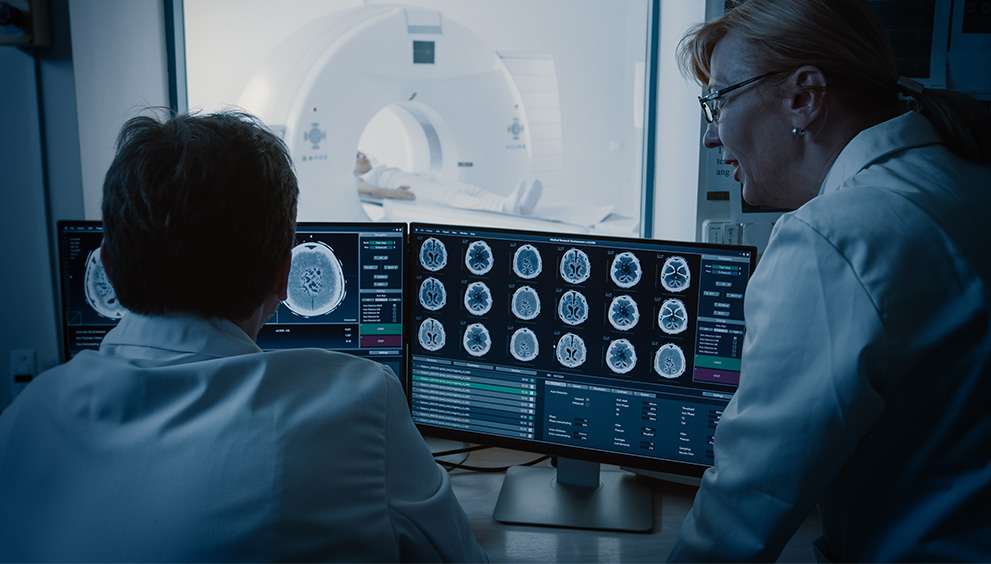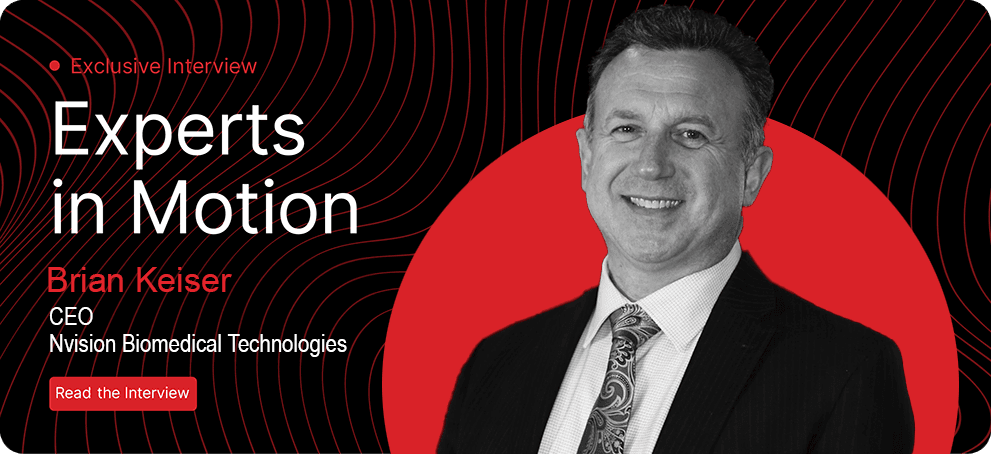Medical Imaging Enhanced: The End of Radiologists?


The integration of artificial intelligence in radiology and beyond is revolutionizing healthcare, promising to enhance patient care and streamline diagnostic and surgical processes. This transformative journey illuminates the immense potential and intricate challenges of melding AI with medical diagnostics and surgical interventions.
Elevating Diagnostic Precision with AI
AI medical diagnostics are profoundly accurate, truly reshaping the effectiveness and efficiency of early detection. Google Health’s AI model for breast cancer screening has significantly reduced false negatives, introducing a new chapter in AI early detection. Dr. Lily Peng of Google Health highlights, “With AI, we are on the cusp of a new frontier in medicine,” underlining AI’s potential to augment radiologists’ capabilities and benefit patient outcomes directly.
AI also offers radiologists invaluable support in enhancing efficiency. Aidoc’s triage systems, an example of radiology advancements, optimizes patient care by prioritizing urgent cases like brain hemorrhages, effectively reducing radiologist burnout.
Pioneering Early Disease Detection and Surgical Precision
AI’s role in early disease detection and surgical precision is groundbreaking. Zebra Medical Vision, with algorithms capable of identifying early signs of diseases like COVID-19, demonstrates AI’s critical role in global health emergencies. Eyal Gura of Zebra emphasizes, “AI’s ability to detect subtle disease markers is reshaping early diagnosis and treatment.”
Extending the adoption of AI in surgical procedures, NVIDIA’s partnership with Johnson & Johnson MedTech exemplifies the next frontier. Leveraging NVIDIA’s AI to enhance surgical procedures offers a glimpse into a future where technology amplifies surgeons’ abilities, similar to how AI supports radiologists. Shan Jegatheeswaran of J&J MedTech envisions AI models acting like driver-assistance technology for surgeons, amplifying their capability to deliver care while reducing cognitive load.
Navigating the Challenges of AI Integration
AI integration in healthcare involves ethical, regulatory, and transparency challenges. Ensuring equitable ethics of AI in healthcare requires addressing algorithmic bias and protecting patient data.
The Provocative Question: The End of Radiologists?
The evolution of AI raises questions about the future role of radiologists. Dr. Geoffrey Hinton, a pioneer in AI, suggests, “The role of radiologists is not diminishing; it is evolving.” AI in radiology has the capacity to augment expert suggestions. This expansion, rather than a replacement of radiologists’ roles, emphasizes the complex case of AI and patient care that necessitates human empathy.
A Collaborative Future in Radiology and Surgery
The collaborative potential between human expertise and AI extends from radiology to surgery, underscoring a future where AI supports rather than replaces professionals. Radiologists and surgeons can embrace new roles as AI interpreters and integrators, guiding the ethical and effective use of AI in patient care.
Looking Ahead
AI’s integration into radiology and surgery marks a new chapter in healthcare, emphasizing human expertise enriched by AI’s analytical prowess. A collaborative approach among developers, radiologists, surgeons, ethicists, and policymakers is essential for leveraging AI’s potential responsibly and ethically. The future promises not only greater diagnostic accuracy and surgical precision but also a deeper focus on patient-centered care. Embracing technological evolution ensures that the radiology and surgical communities remain indispensable pillars of modern healthcare, redefined but irreplaceable.













